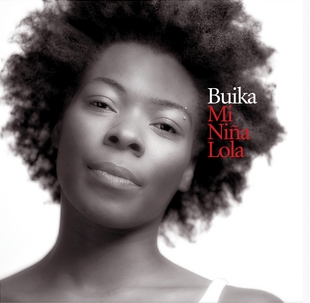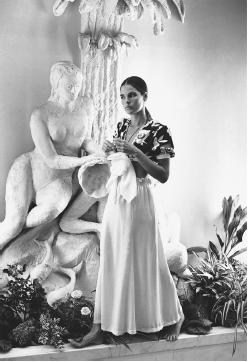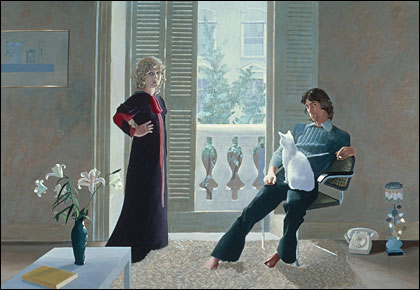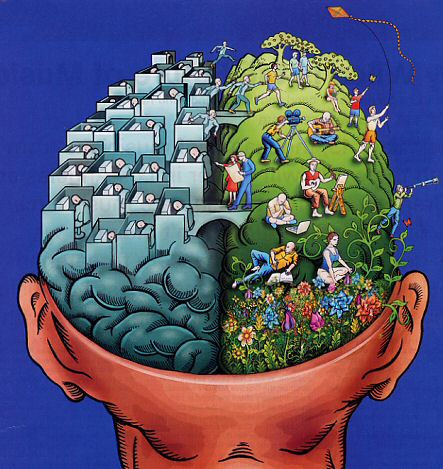
There’s slow blogging, and there’s slow blogging – and I seem to be indulging in both. Not on purpose, mind. I’m too serious for the light and frothy, and can’t post thoughts without considering them first; and too stressed and overworked to post often. I mean, two and a half months since the last one! Ridiculous.
But this is World Aids Day, and even the most desultory bisexual blogger can’t let that pass without posting something.
I have been thinking a lot about the recent (to me) past over the past few weeks, as I have been unpacking and repacking the things that came from the loft in my old house and putting them in the loft in the new one.
In the late 80s and early 90s I was quite involved in the London queer scene (although its effect on my sexual and romantic life was negligible, as I was mainly attracted to Cuban New Yorkers at that time). It was a mixed gender place, this queer scene, with lots of lesbians having sex with gay men - flamboyant, energetic, challenging, experimental. We talked about safer sex a lot, and how to make it more exciting, but there was never a thought that it wasn’t an essential part of being a politically, sexually conscious person. That was still fashionable in those days.
So I’ve been looking at stacks of old magazines – Square Peg, Shebang, Quim – that came out of the arty gay scene in London at that time. Square Peg was mixed men and women, and arts-based with beautiful paper and production values. Shebang was a fun lesbian mag; Quim was an arty-lesbian sex mag. This seemed very daring at the time, but only lasted a couple of issues.
But the daring came from desperation about the queer future: the homophobia, the prejudice, the turning back to conventional morality because of Aids which affected women as well as men - although obviously men were the ones whose lives were at risk. The early 90s, when Quim was published, was also the aftermath of the lesbian sex wars, where what it meant to be a lesbian (not, definitely not, bisexual) was discussed endlessly and viciously. It was part of the end of "sisterhood" I think, but a mixed queer political scene - Act-Up, for instance - did thrive for a few years in the UK, and may still be going in the US. Then, of course, there was also the bi community which - from my perspective anyway - was going pretty well at that time.
Remembering People with Aids
Everyone who knew any queer people at that time was affected by Aids - and it baffles and infuriates me when I meet individuals today (either heterosexuals of any age who have lived sheltered lives, or young LBT people) who claim it has nothing to do with them. The first person I knew who died of Aids was in 1987 – but after that, circles of acquaintances went down like ninepins. I was lucky not to lose anyone really close but I still remember all those young men I went clubbing with in the early 80s who were dead 10 years later. It makes me absolutely fucking sick to think about it.
Of course, it’s different now – at least in countries where AZT is readily available. There’s a really nice picture gallery on the Guardian site, looking at various people around the world dealing with HIV/Aids in some way.
But it still gives me a chill when I see people all over the world who are still dying of this disease. Or when I read about young men in the UK who are having sex with each other completely unprotected, thinking that HIV is no big deal because they can take a pill. Think about it buster, taking a pill for your whole life, risking heart disease, tumours, a whole range of things neither you or I know about yet... The latest person I know (in Britain) to be diagnosed with HIV was in 2007, so this is by no means an old story.
In 2008, the necessity for this message hasn't changed a bit.









/CynthiaNixon(Countess).jpg)


%2B(440%2Bx%2B275).jpg)









